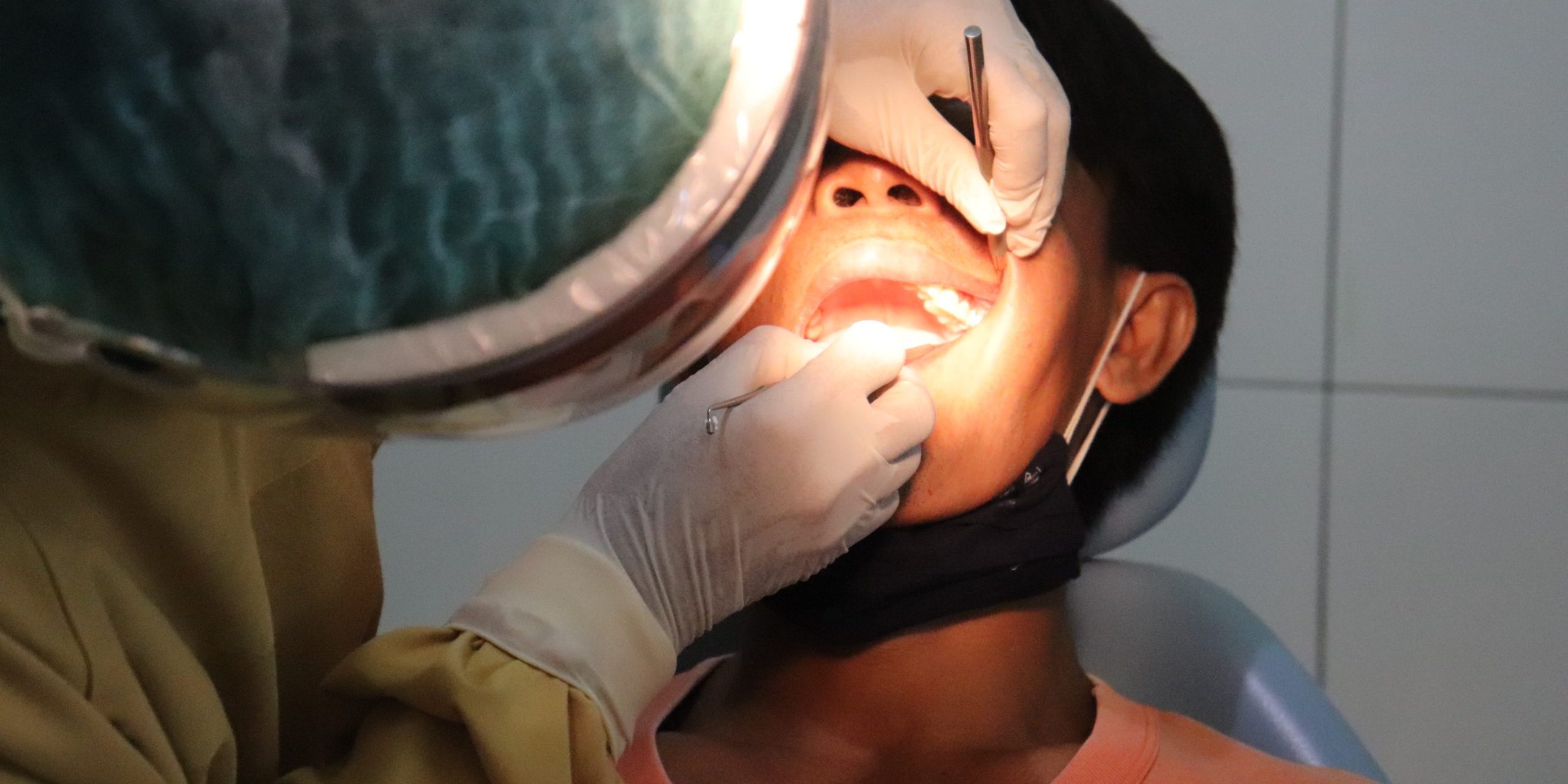Sometimes, tooth extractions in Spirit Lake Iowa is the most effective way to improve oral health and function. At Hill Avenue Dental, Dr. Darren Dotson and Dr. Amy Hartzell can determine if an extraction is the best choice for your health.
An extraction is the process of removing a tooth from its bone socket. There are several situations where tooth extractions in Spirit Lake Iowa are necessary, including crowding, decay, infection, and trauma.
We typically try to save a tooth, if possible, when it is decayed or traumatized. Occasionally, restorative dental options, including crowns or veneers, can be used to prevent tooth extraction. In cases where infection is present, root canal therapy can be an effective way to remove the cause of infection while retaining the natural tooth.
There are times when tooth extraction is the only option. If there’s not enough tooth structure to restore a tooth when it breaks or is decayed, there is sometimes no other solution. Extractions can also be used as part of cosmetic dentistry treatments and can help improve the aesthetics of your smile.
What to Anticipate Following a Tooth Extraction
The recovery period is usually brief, and most patients only report minor discomfort following the treatment. However, in some circumstances, patients could need a few days to recover before returning to their regular routines. Smoking, carbonated drinks, or drinking from straws following an extraction can increase your risk of dislodging the blood clot in the extraction site and causing a dry socket. A dry socket is indicated by increased pain that starts days after an extraction and typically is not lessened with pain relievers.. If this happens, our doctors are able to treat the area to relieve discomfort.
Some bleeding and discomfort are typical. Our dentists may recommend medication to treat swelling and pain.
Maintaining good oral hygiene is essential in lowering the risk of infection at the extraction site. You’ll receive detailed post-operative instructions on how to take care of your teeth from our team.
Restorative Dentistry After an Extraction
Restorative dentistry following an extraction can be beneficial for several reasons. Replacing the extracted tooth can prevent issues with speaking and eating. You may also want to replace the tooth for aesthetic purposes.
There is a negative impact if you choose to forgo restoring an extracted tooth. The absence of stimulation where we extracted the tooth can cause the supporting jawbone to begin to deteriorate. The space may also allow your remaining teeth to shift, causing misalignment.
The following are a few restorative dentistry procedures we can use to replace a tooth:
- Dental Implants: When it comes to tooth replacement options, dental implants feel and appear the most natural. They also aid in maintaining the jawbone. Our office works in conjunction with several oral surgeons in the area who place the implant in the bone. Following healing, Dr. Dotson or Dr. Hartzell restore the tooth with an implant crown.
- Dental Bridges: A dental bridge is an artificial tooth fixed in place with the aid of two neighboring teeth.
- Dentures: Dentures are removable dental prosthetics that you can wear in place of one or more missing teeth. There are several types of dentures such as partials, full dentures, or temporary flippers. Our doctors can discuss what the best option for your specific case would be.








